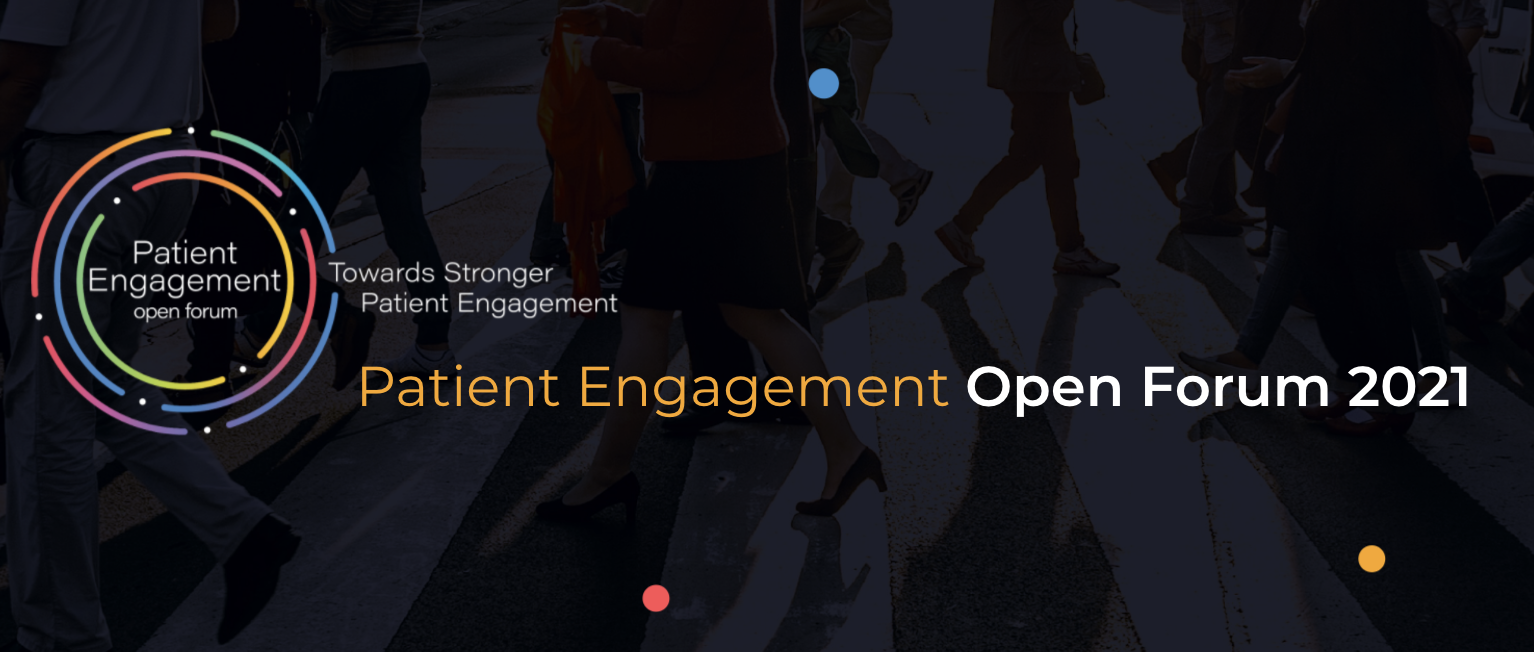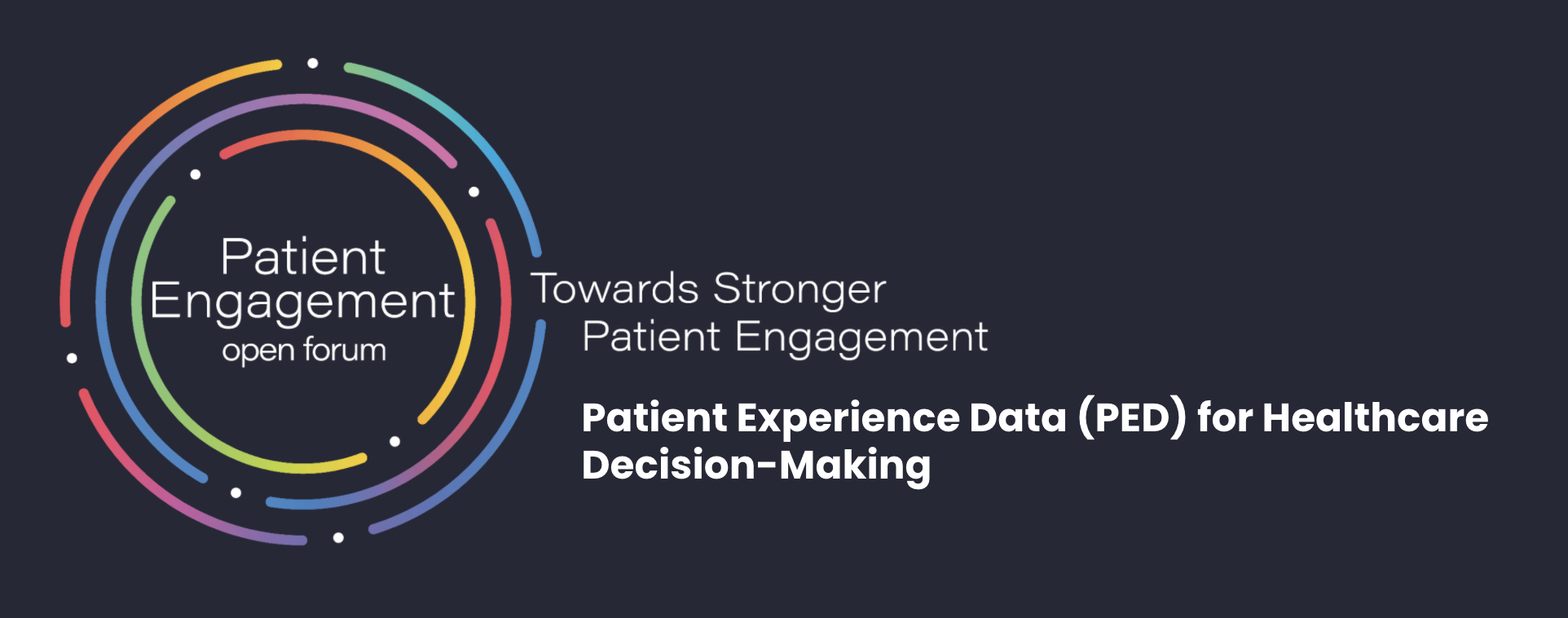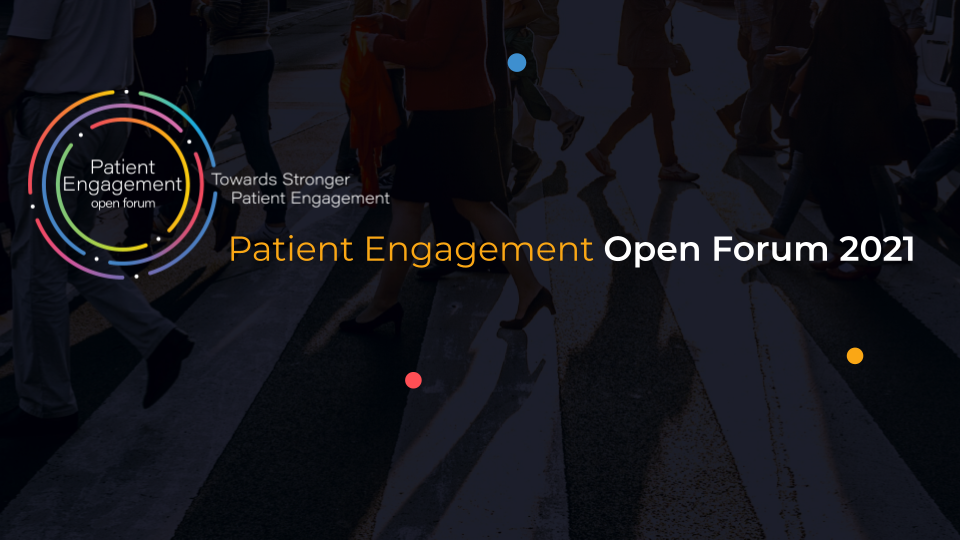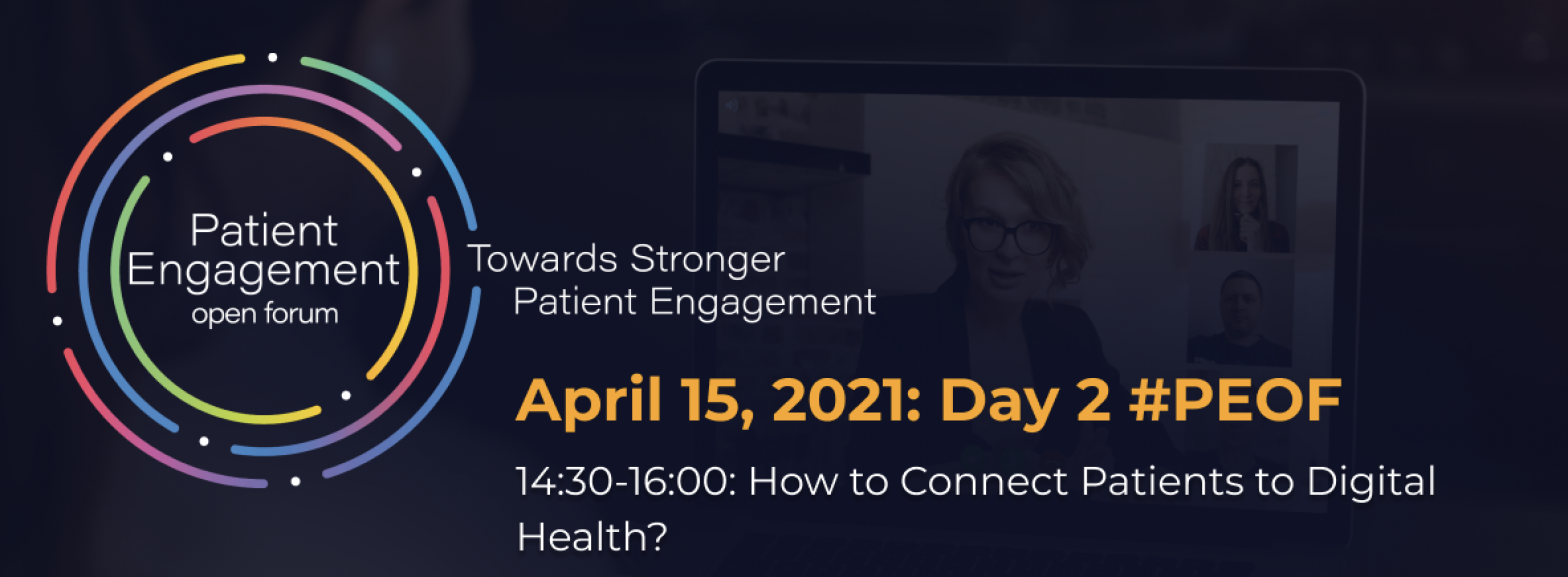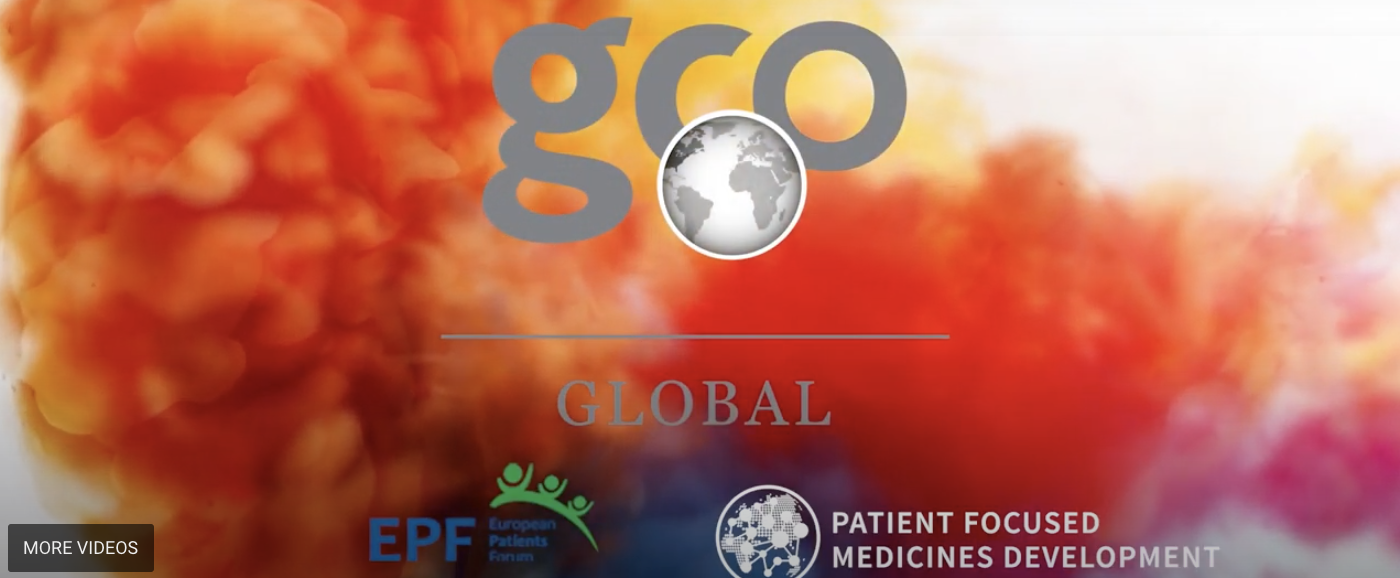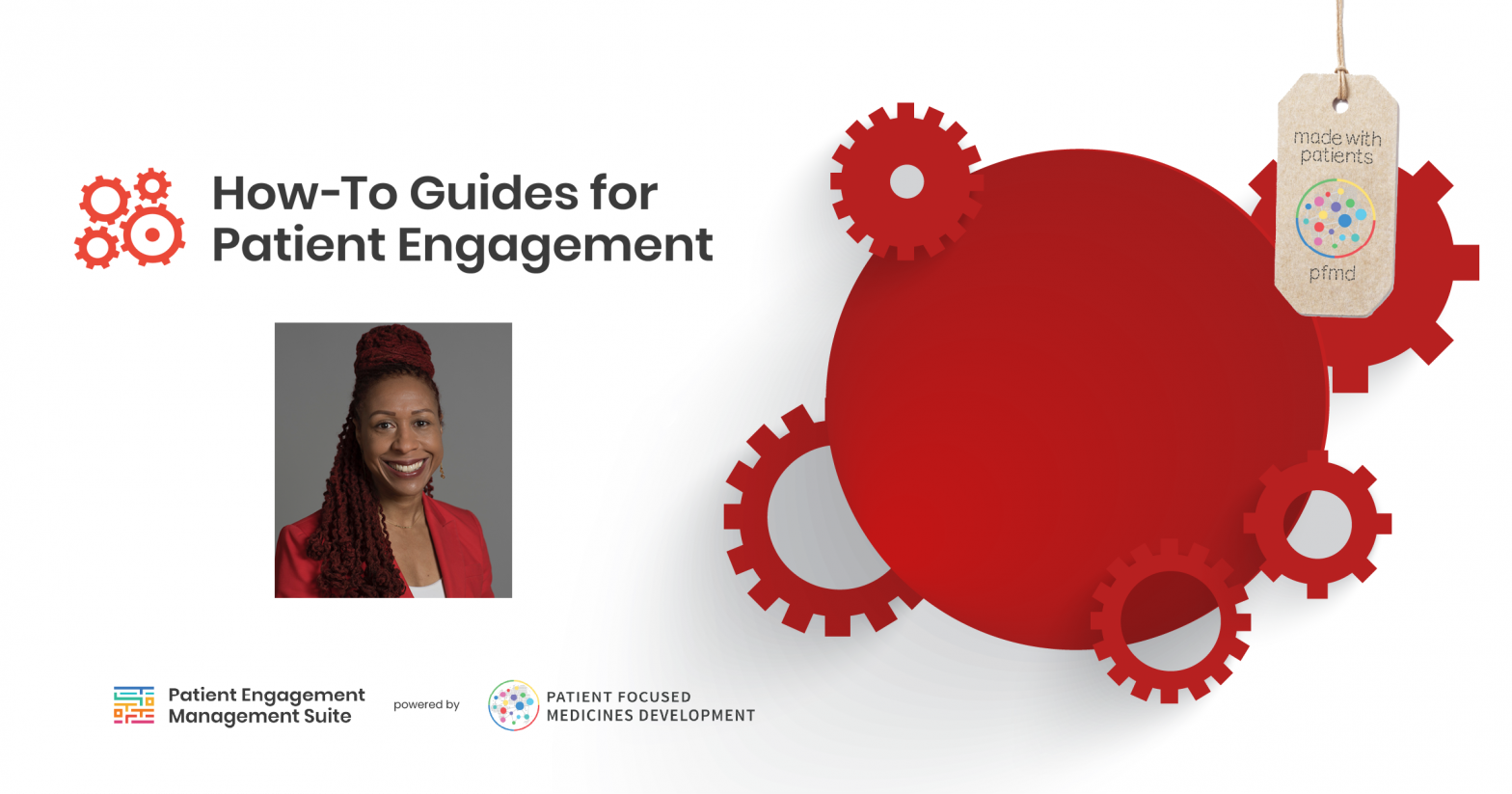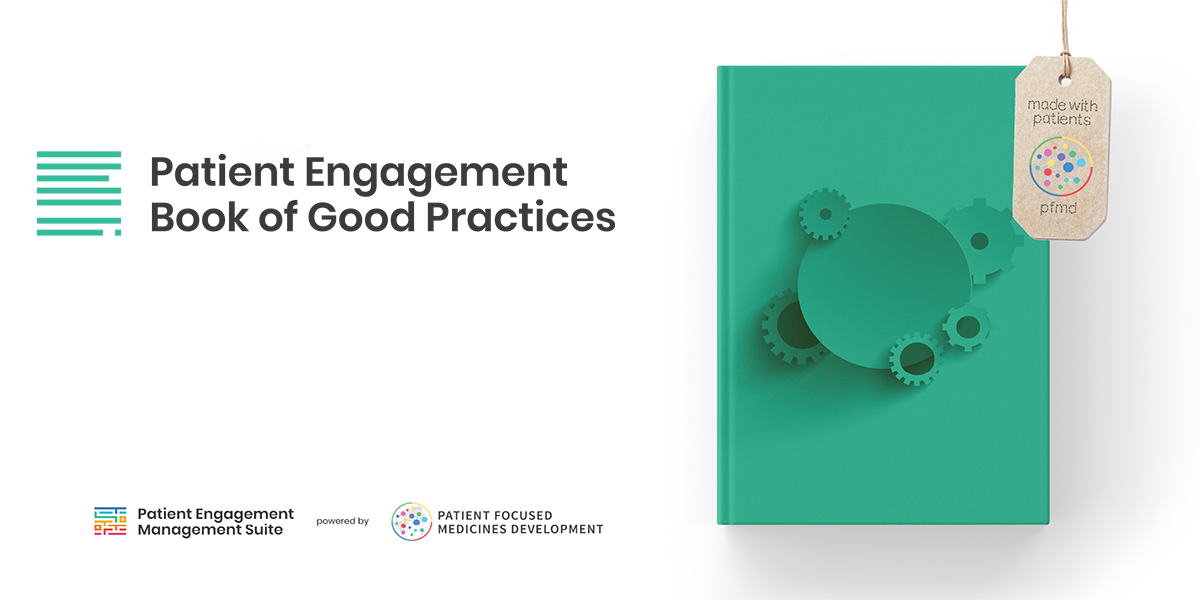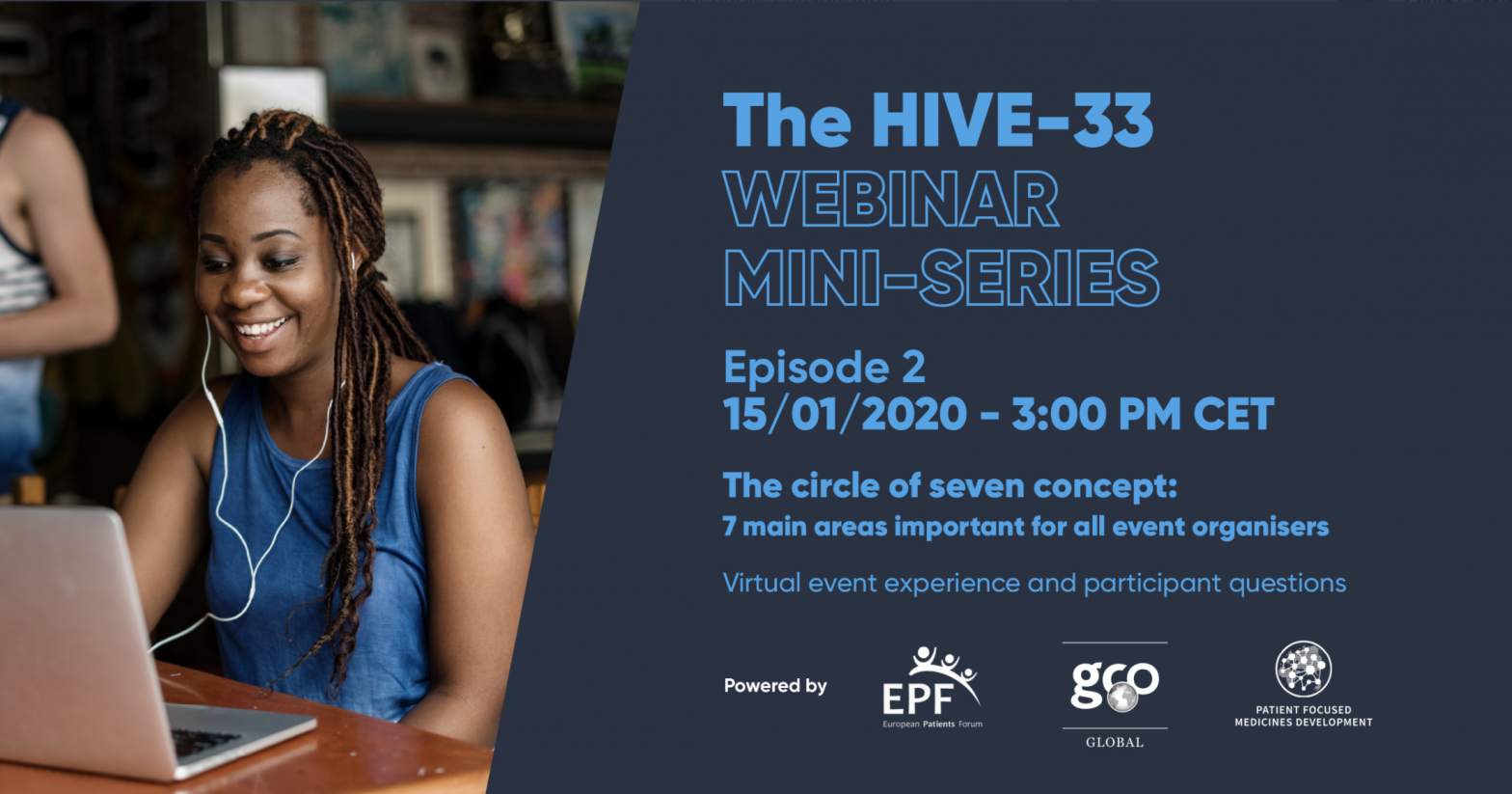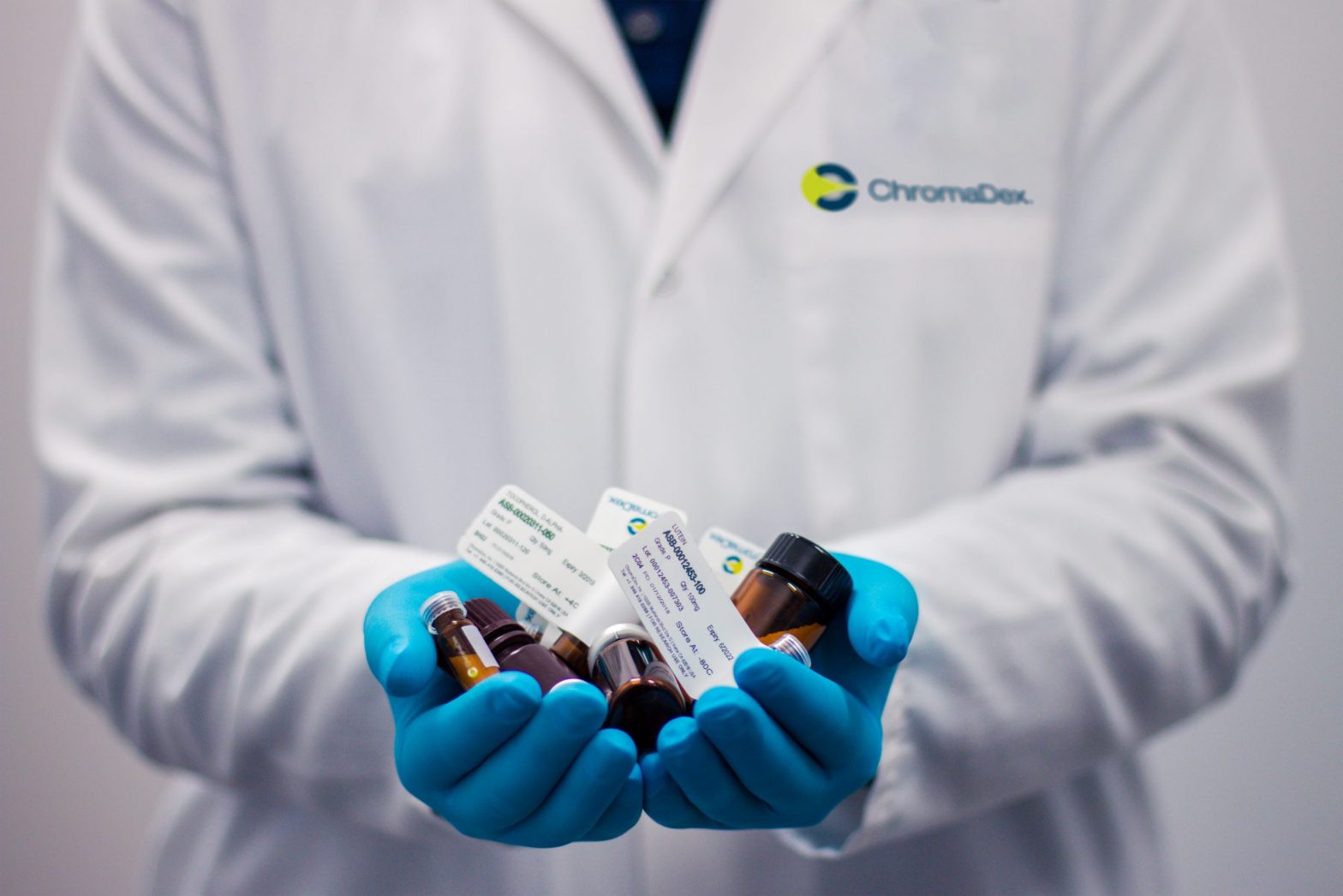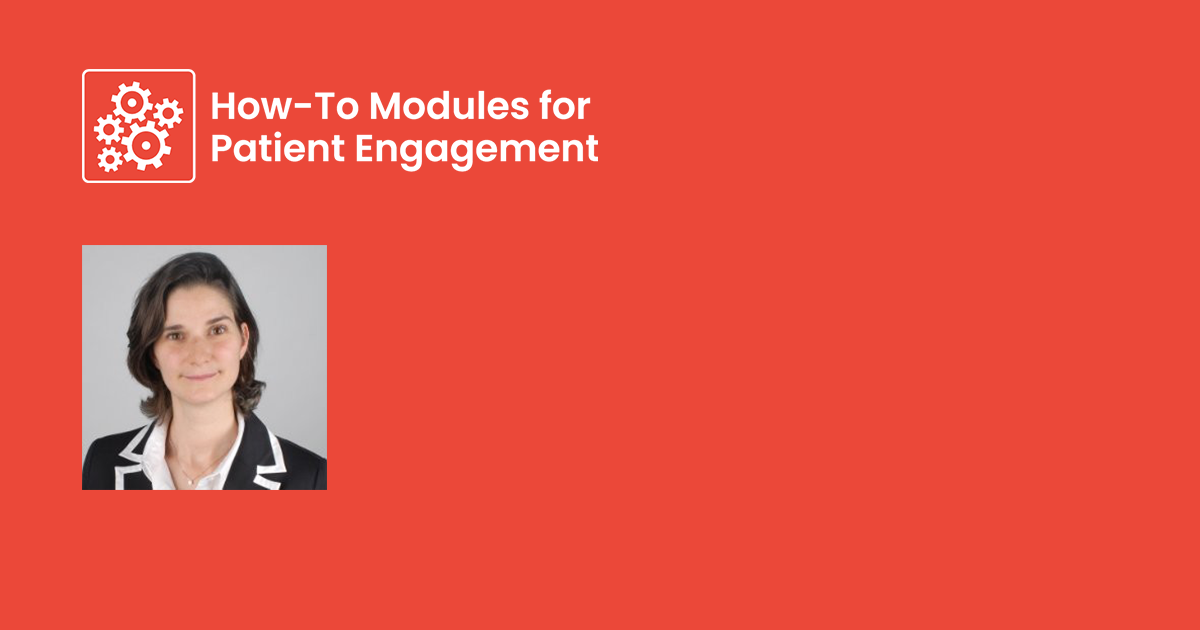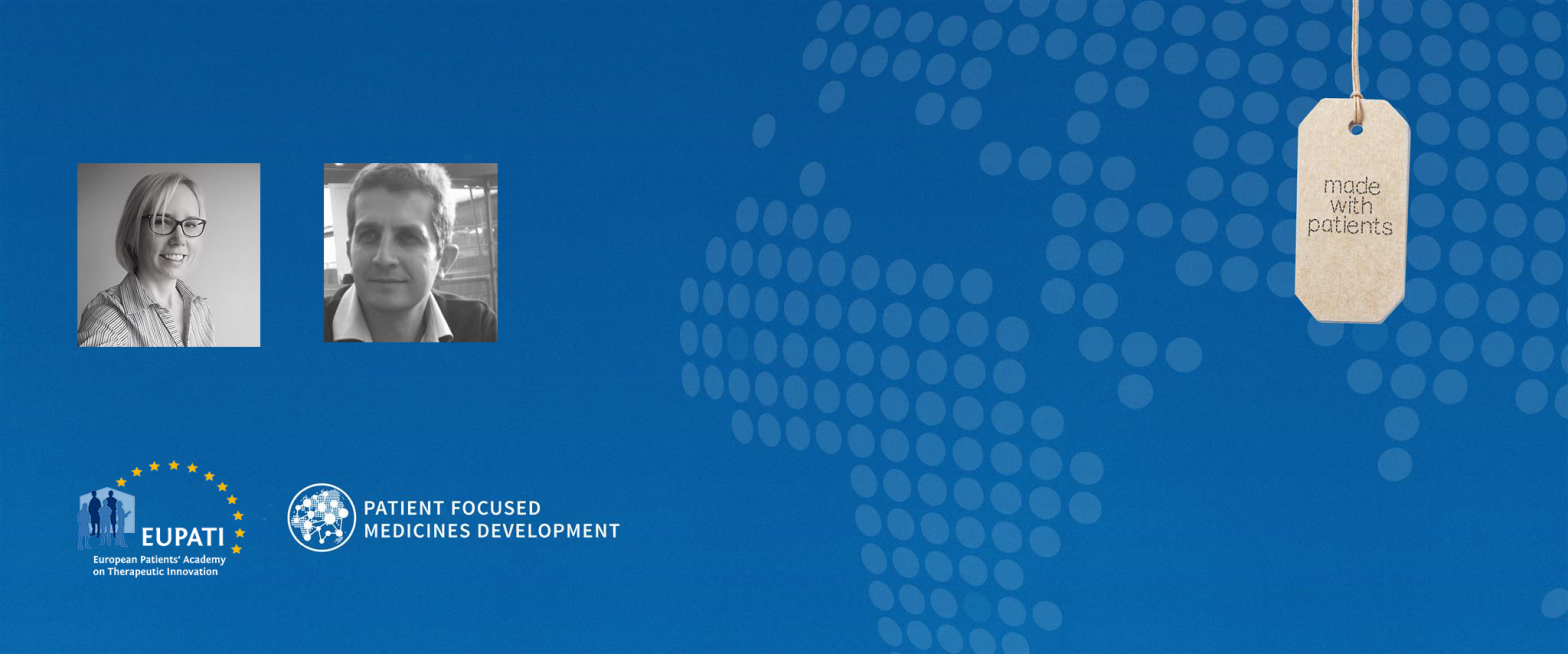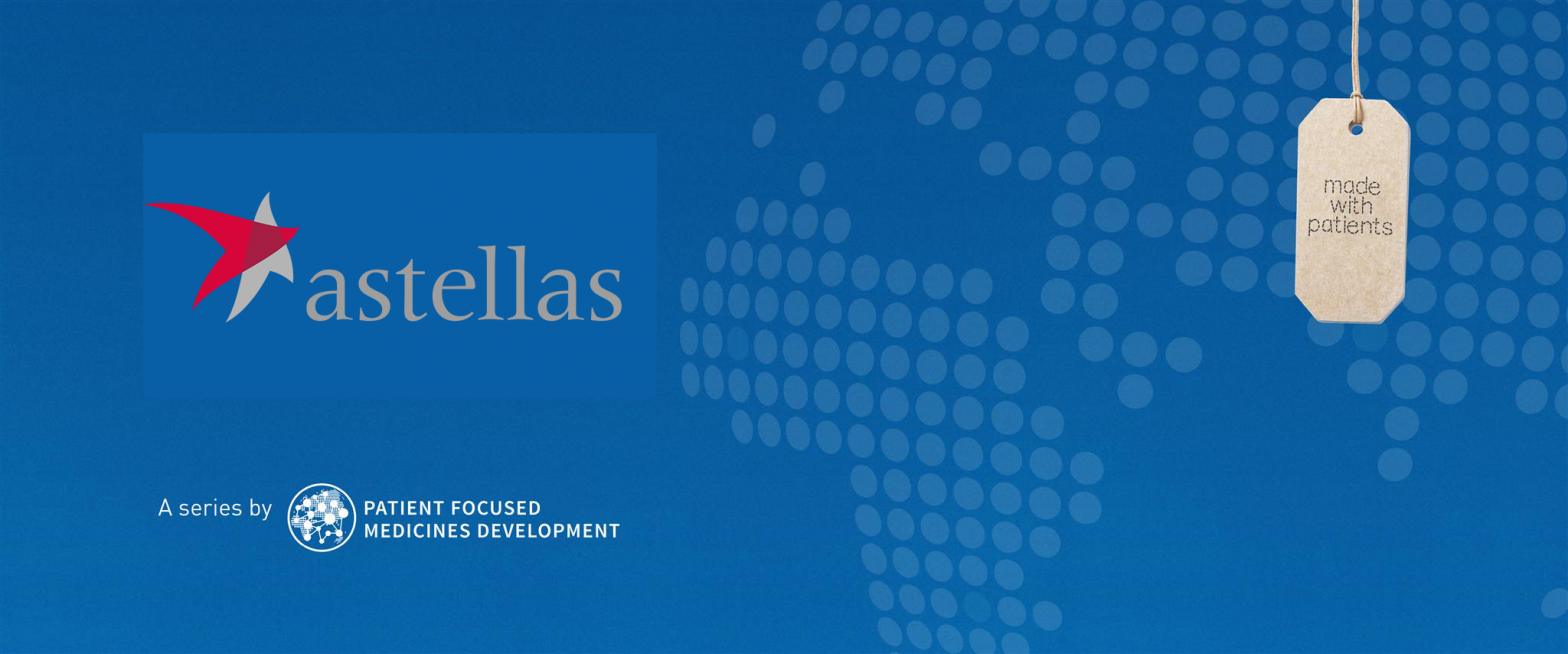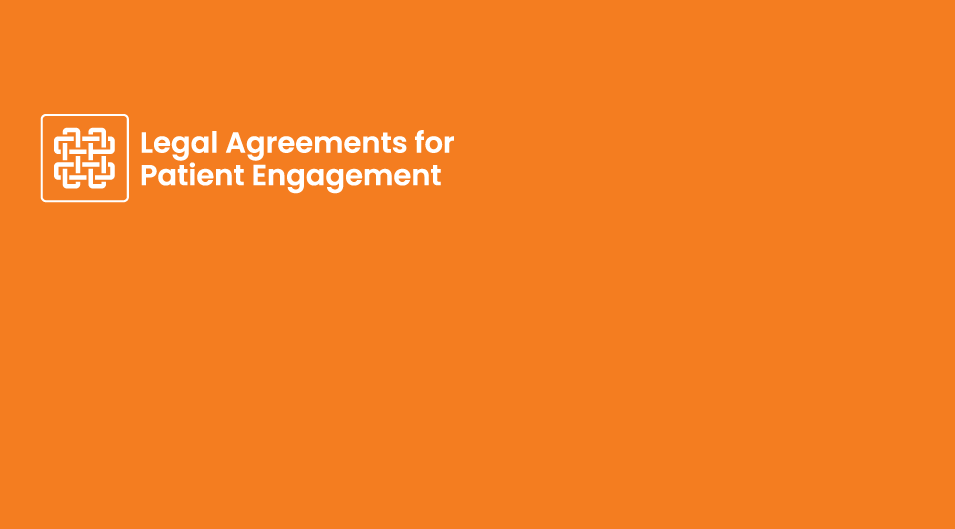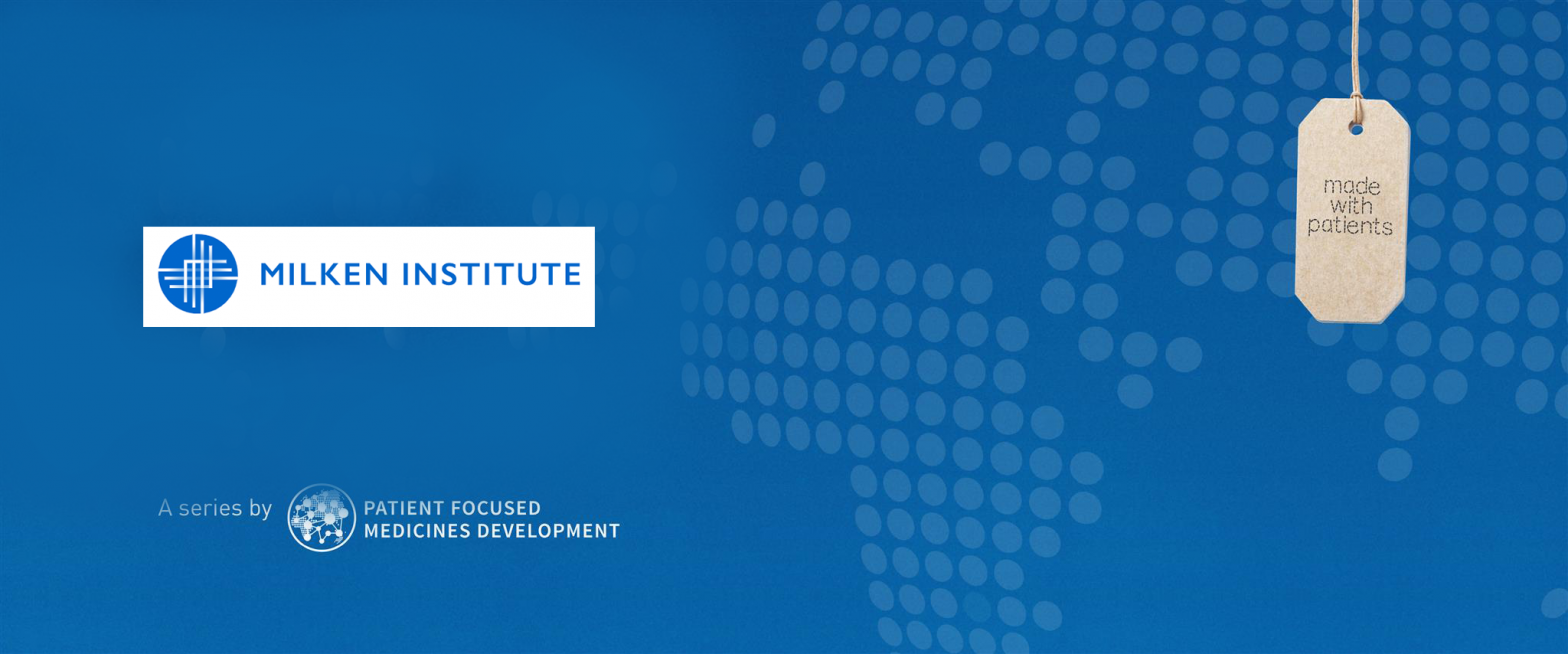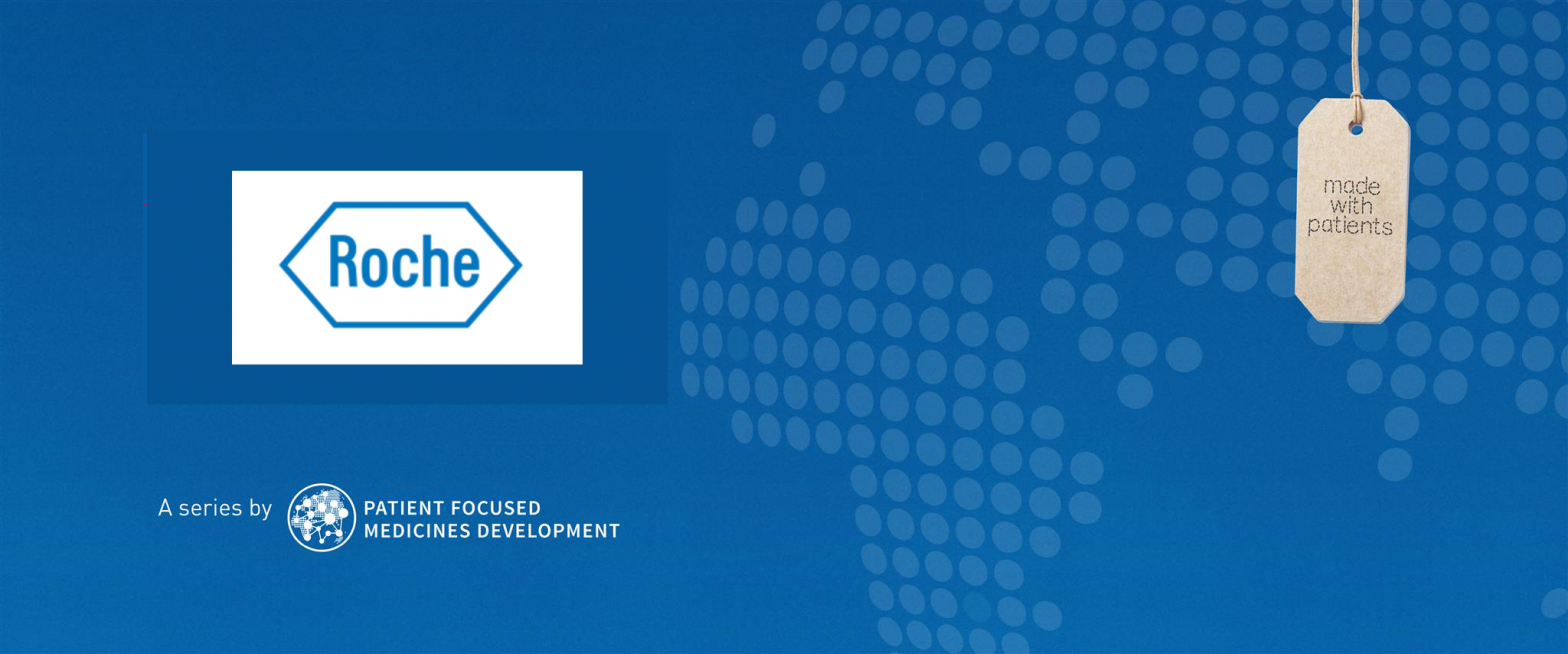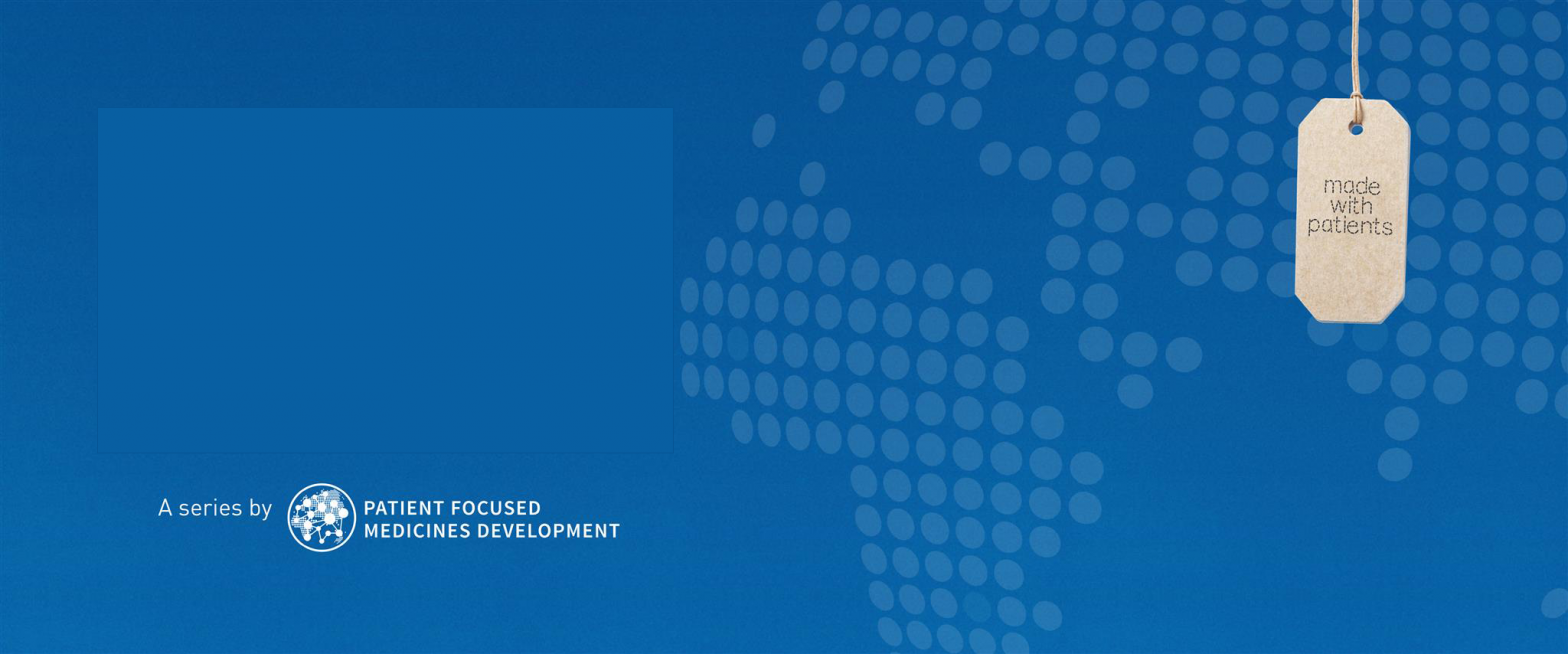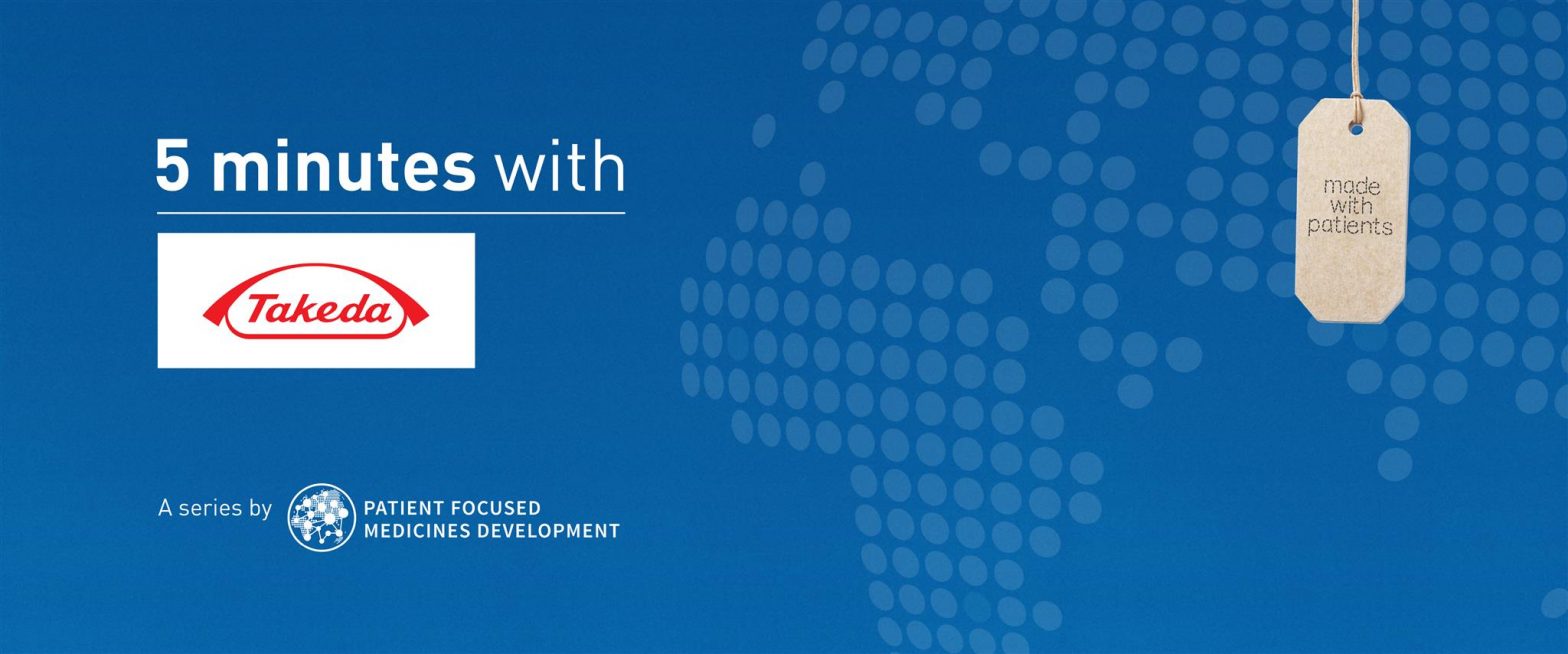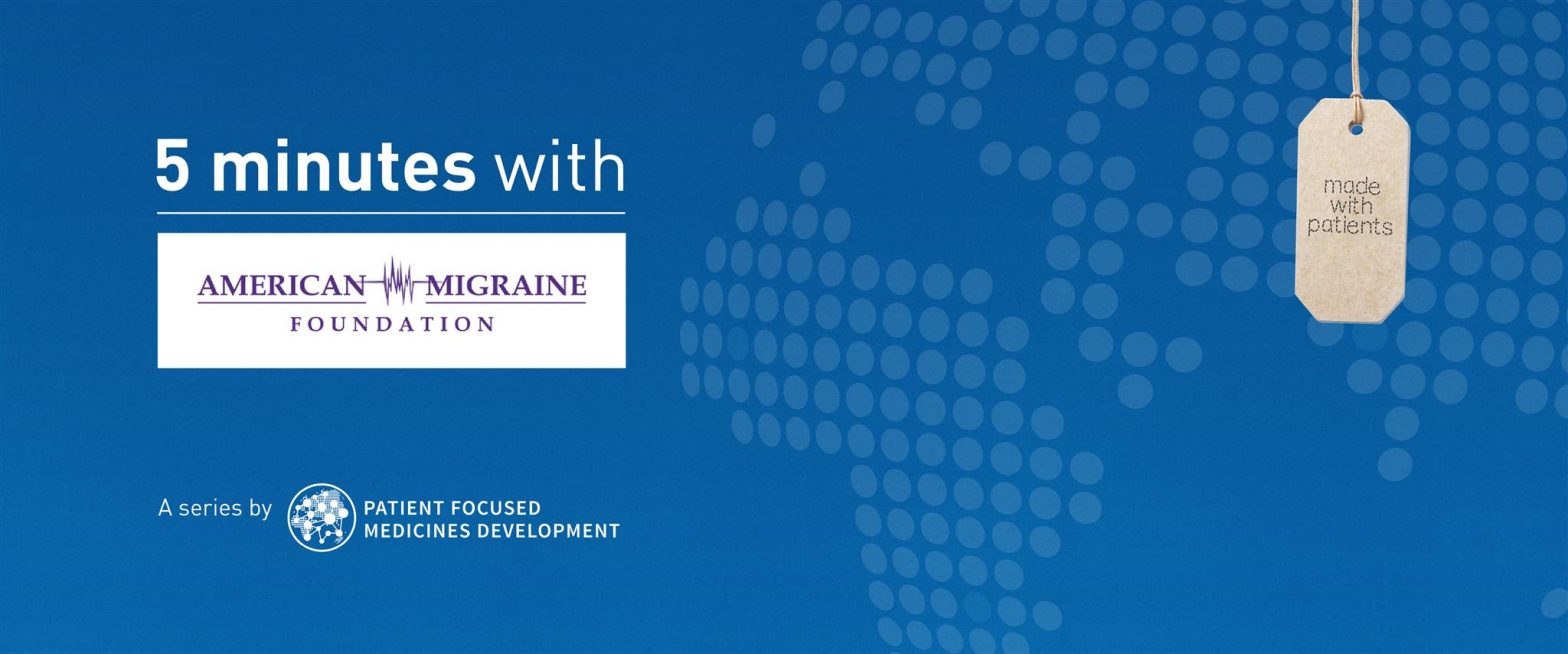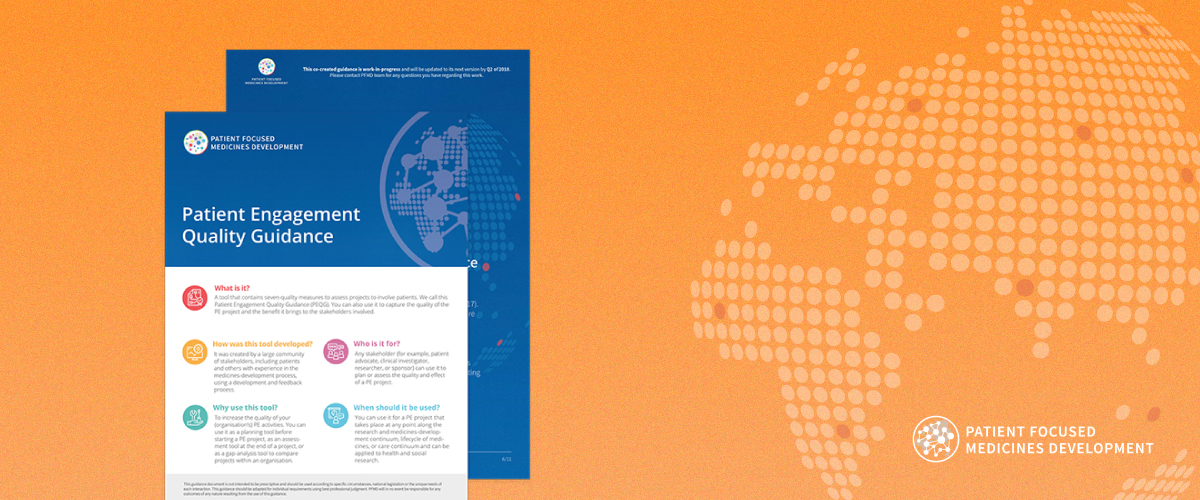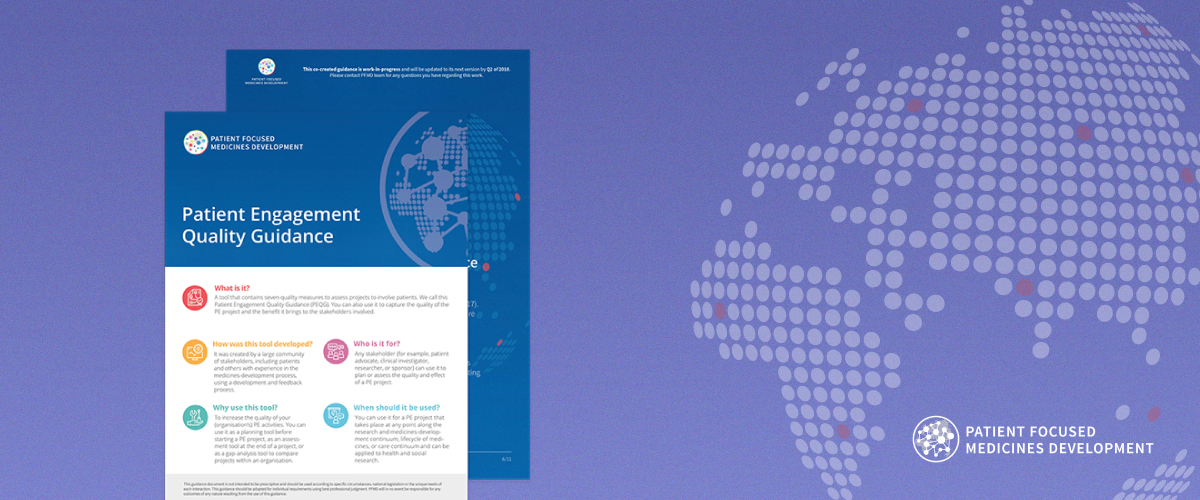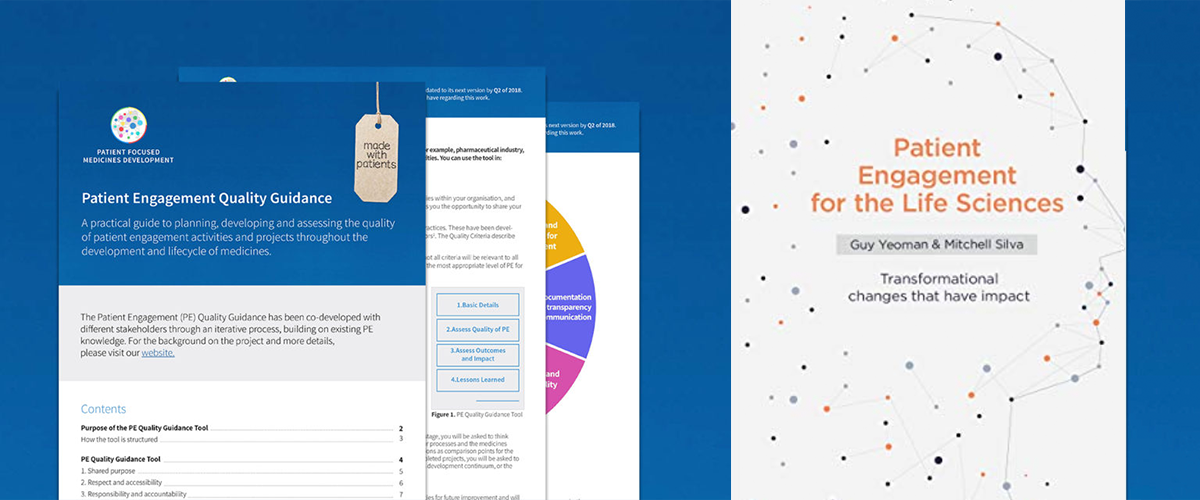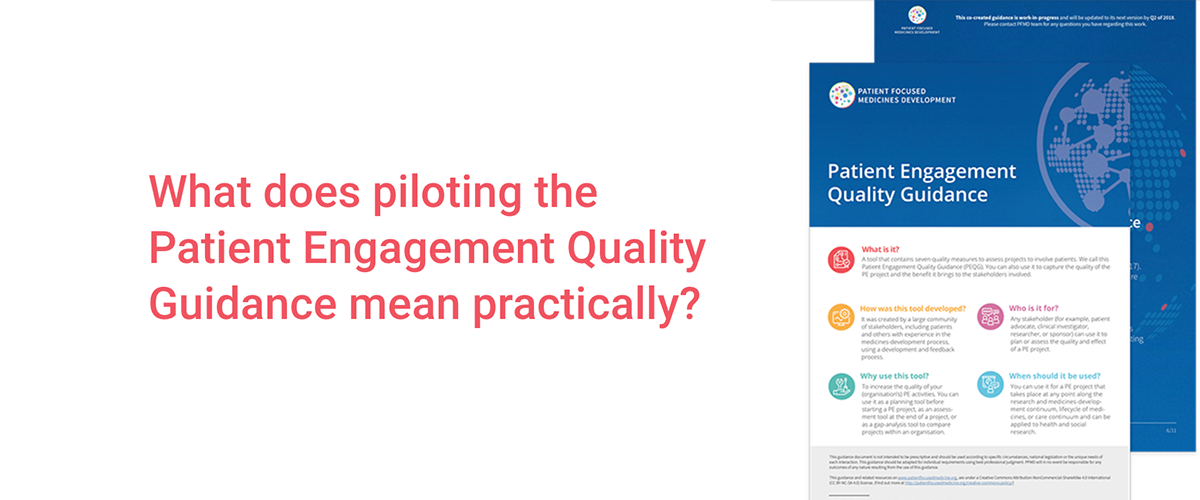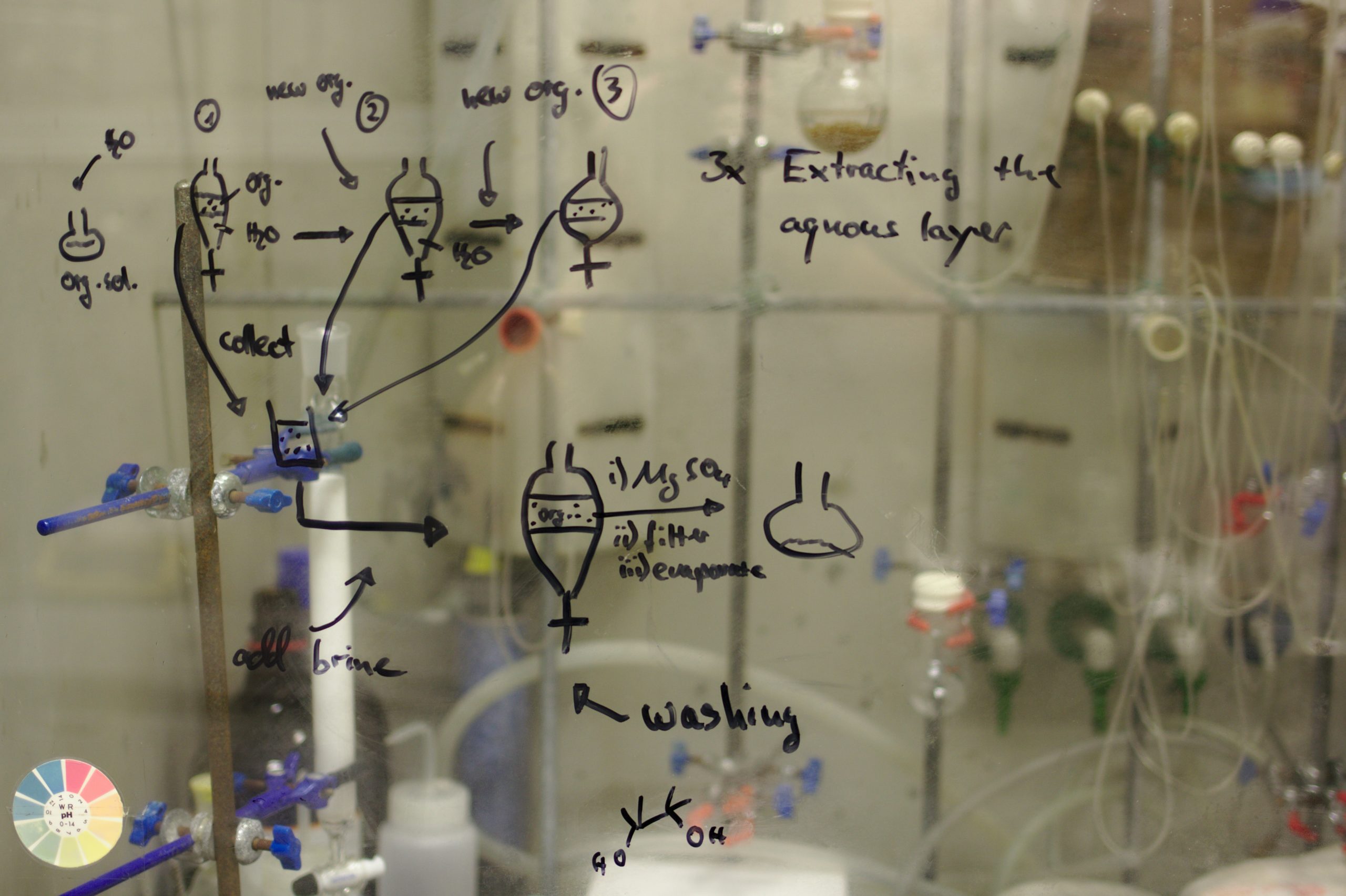 Author: Guy Yeoman, VP Patient Centricity, Global Medical Affairs, AstraZeneca.
Author: Guy Yeoman, VP Patient Centricity, Global Medical Affairs, AstraZeneca.
More than ever before we are told to strive to be more patient centric in the way we develop our medicines of the future. But what does this actually mean? Without getting the fundamentals right –aligning and reaching consensus on what patient centricity means and its guiding principles – we will continue to fail to meaningfully incorporate patients’ views, needs and priorities in drug development.
Robust clinical trials are at the core of drug development but we struggle to recruit patients, retain them in the study and a significant proportion of those that do remain in the study fail to comply with the protocol. In the past, we have dealt with this by increasing patient numbers but this is not sustainable– it causes delays, increases cost, utilising more resources and ultimately, delays registration and patient access to effective medicines.
Once approved, patients often stop taking the medicine as prescribed. This poor adherence is well recognised and historically addressed with relatively ineffective adherence programs. Patients who do not take their medicines as prescribed will not receive the improved experience and outcome seen in the clinical study program. This impacts patient health outcomes and – with a drive towards compensation or ‘reward’ by outcomes or results – will have a direct impact on providers and payers too. Medicines have to become more meaningful for patients who should receive the right information to enable them to make informed adherence decisions. In addition, patient pathway improvements will help patients engage with their disease more effectively and increase their levels of medication adherence.
Industry traditionally has been paternalistic in its interactions with patients but this is no longer the case in a world where patients are increasingly empowered to make decisions about their own health both as individuals and as groups. We need to change the way we do things – we need to deliver studies that patients want to participate in, that are more effective, faster and with the desired outputs. We also need to deliver more meaningful medicines that have a value for patients – medicines that address their priorities and needs.
What this tells us is that we need to partner with patients using a common language and guided by agreed principles and that patients have to be part of the process from the outset. We need to listen to patients, work with them to co-create solutions and clearly communicate in a mutually acceptable way and time. Our recently published study (Defining patient centricity with patients for patients and caregivers: a collaborative endeavour. Yeoman G et al. BMJ Innov. 2017;0:1–8) provides for the first time a collaborative definition of what patient centricity means and what principles should be incorporated.
Patient centricity is “Putting the patient first in an open and sustained engagement of the patient to respectfully and compassionately achieve the best experience and outcome for that person and their family”. Uniquely – the definition comes not solely from industry but is driven by the end-user – the patient.
Three key themes emerged from our work towards this definition. Firstly, patients want an ethical and sustained relationship and this needs to be reflected in how we develop medicines and the way we involve patients so they are not treated as transient commodities but are an integral and valuable partner in the process. Secondly, patients quite rightly expect to be treated with respect and compassion for who they are and the feedback they give. For example, taking into account some of the practical limitations they may face because of their condition and ensuring interactions are designed to consider health needs. Thirdly, patients want us to deliver an experience that they and their families want – not necessarily the experiences and outcomes we want them to have.
Making these commitments is about doing the right thing for patients. It’s also about ensuring that research and development is sustainable and delivers medicines that are meaningful and outcomes that patients want. Any industry with a lack of consumer-driven approach cannot survive. The environment of medicines research and development is changing – patients are more empowered and rightly more demanding. Embedding and implementing true collaborative patient centric principles is not just the right thing to do with patients, it is essential for pharma sustainability to ensure we can deliver the effective medicines of tomorrow.
What other stakeholders are saying about the project
Patricia Furlong, President and CEO of Parent Project Muscular Dystrophy and a co-author of the research: “This is a landmark project for the pharmaceutical industry. As patients and caregivers, we are eager to see industry engaging with patients in a meaningful way to deliver what we actually want. This definition and set of guiding principles creates a clear signpost for industry by establishing a goal for how to meaningfully put patients at the centre of work by involving them in decision-making in a way that truly benefits them.”
Nicholas Brooke, PFMD Chief Executive: “Making a commitment to improved patient engagement means acknowledging and adhering to core principles identified as important to patients and demonstrating this commitment in a tangible way through our actions. This research with a co-created definition of patient centricity and guiding principles informs all our efforts towards meaningful patient engagement. PFMD is working to develop a patient engagement Pledge so that individuals within organisations can play their part by pledging to involve and listen to patients, to co-create solutions with patients and to communicate with patients in a timely, relevant, understandable and open manner. Taking the Pledge and adhering to its core principles will embed meaningful patient engagement in everyday activities.”
Image credits: Edited Soc Arch_Patient Doctor, by Luc Galoppin, used under the Creative Commons 2.0 license










